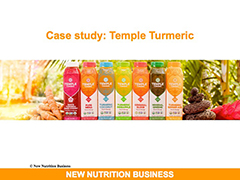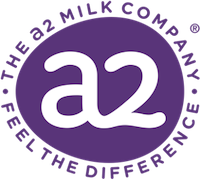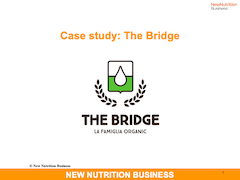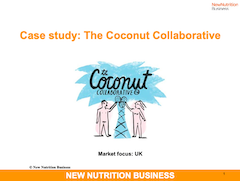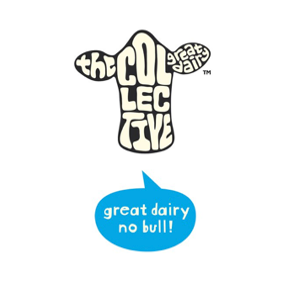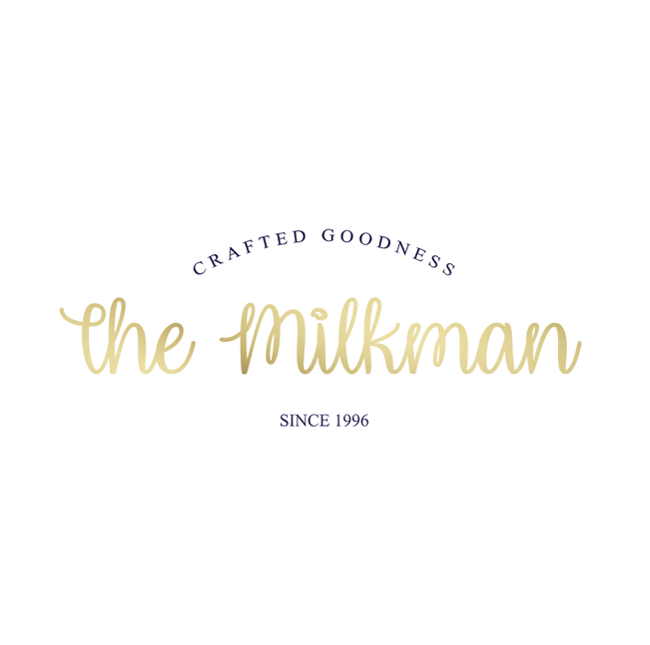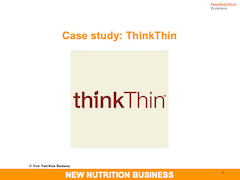Our case studies focus on brands and products that provide lessons from real challenges and opportunities which you can use to inform business strategy. They are packed with detail including brand portfolio, pricing, and communications and marketing strategy, merchandising and distribution, and come with a check list of key lessons learned.
Published: November 2017
Case Study: Temple Turmeric
The pioneer of turmeric beverages in the US, Temple Turmeric, previously Tumeric Alive, was founded in 2008, after its founder Daniel Sullivan discovered “the life-changing and healing power of raw, organic turmeric” on a trip to Hawaii.
Download powerpointPublished: January 2023
Case study: Terra Nostra
This Azores-based dairy company has used storytelling and key trends like provenance and sustainability to build its brand of grass-fed dairy.
Download powerpointPublished: October 2019
Case study: The a2 Milk Company
With the most recent financial data and profiles of other A2 dairy brands around the world, this updated case study will give you an up-to-date picture of the market for A2 milk and the most recent figures that illustrate the market leader's success.
Download powerpointPublished: October 2020
Case study: The a2 Milk Company (2020 update)
With the most recent financial data and profiles of other A2 dairy brands around the world, this updated case study will give you an up-to-date picture of the market for A2 milk and the most recent figures that illustrate the market leader's success.
Download powerpointPublished: February 2019
Case study: The Bridge
With a strong focus on provenance and organic, Italian The Bridge offers a range of dairy alternatives from ten different plant sources. Despite now being a $30m+ brand, The Bridge still has their headquarters in the small village of San Pietro Mussolino which is where it all began 25 years ago.
Download powerpointPublished: April 2019
Case study: The Coconut Collaborative
After eight successful years with dessert brand Gü, James Averdieck entered the plant-based market and launched The Coconut Collaborative together with his brother Edward in 2014. The brand sells over $13m worth of it's coconut-based yoghurts and desserts every year, and launched in the US in early 2018.
Download powerpointPublished: September 2020
Case study: The Collective
This New Zealand brand was founded with the aim to “create an extraordinary yoghurt with an unbeatable taste”. It quickly grew to become New Zealand's best-selling gourmet yoghurt and today the UK is The Collective's biggest market, fuelled by the company's kefir range.
Download powerpointPublished: February 2023
Case study: The Milkman
This Egyptian premium dairy brand connects to many interesting key market trends and illustrates the power of being truly "Instagrammable".
Download powerpointPublished: January 2019
Case study: ThinkThin
In the 19 years since launch, ThinkThin has grown to become a $180 million brand by selling high-protein and low-sugar products aimed at women.
Download powerpointPublished: April 2024
Case study: Tillamook ice cream
Tillamook has seen unique success in the ice cream space over the past few years, growing 19% in a category that only grew 3%. It shows the value of indulgence, naturalness, provenance and authenticity.
Download powerpoint
